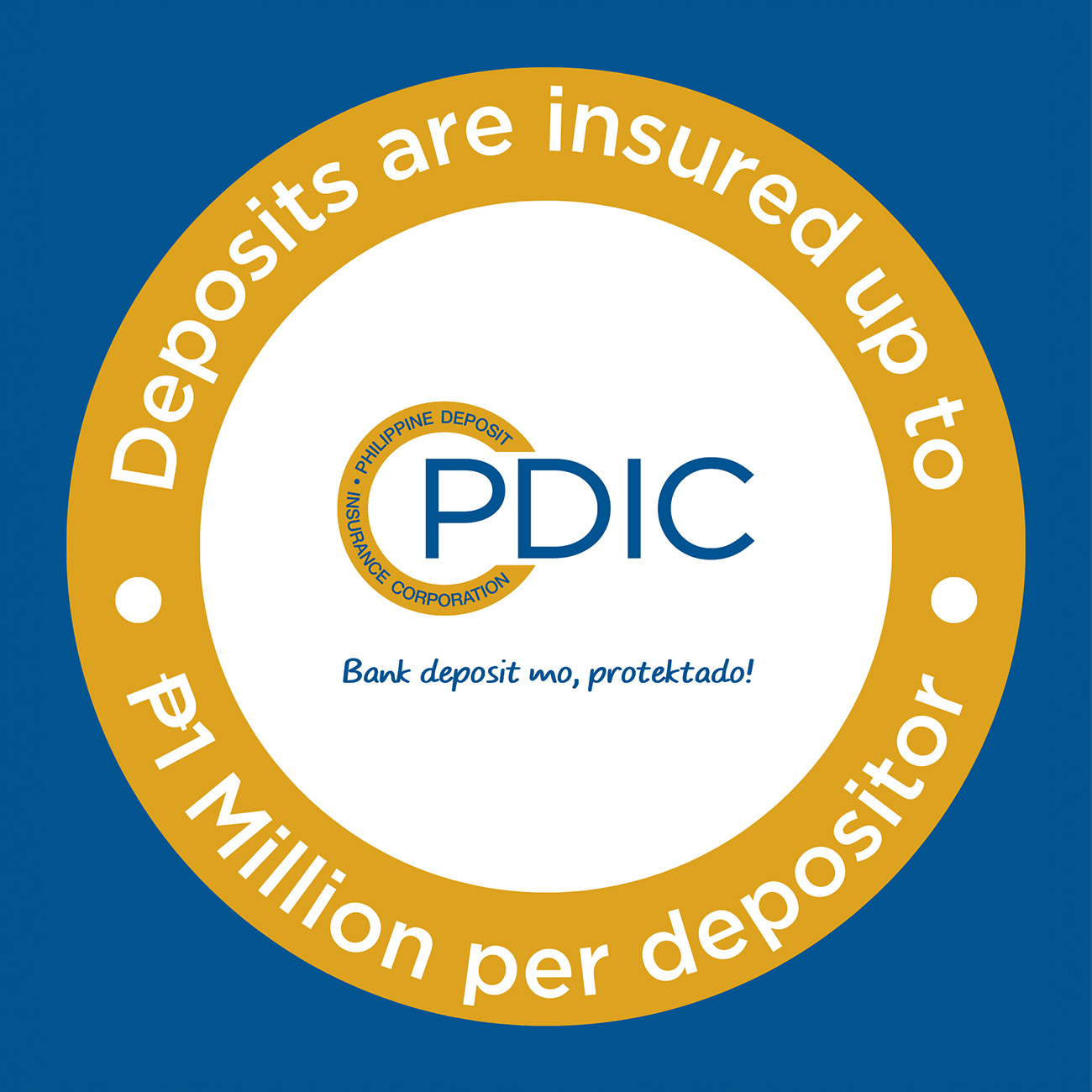Choosing between buying a car and relying on ride-hailing apps has become a common dilemma, especially for individuals in their prime earning years. As they become more conscious of their purchasing habits and aim toward making smarter financial decisions, the decision between buying a car in the Philippines and continuing to use ride-hailing services requires careful consideration.
If you’re in the same boat and having trouble choosing the right option for your financial situation and lifestyle, it’s essential to discover the pros and cons of each one. Here are the things you need to know about buying a car and using ride-hailing apps before making a decision.
Owning a car is a major achievement that provides you with a lot of benefits. Here are some of the advantages you can enjoy when you decide to buy a car in the Philippines.
Convenience
Buying a car gives you the freedom to travel on your schedule without waiting for a driver or depending on vehicle availability. This is particularly beneficial if you have a busy schedule, live in a suburban area with limited public transport, or frequently need to travel to multiple destinations in one day.
A car also offers you the flexibility to go wherever, whenever. Road trip? Easy. Early morning commute? Done.
No matter the time or destination, your car is ready when you are. Flexibility is especially valuable if you enjoy spontaneous plans or have unpredictable routines.
Safety and Accessibility
Having your own car means controlling the cleanliness, maintenance, and security of your ride. Unlike ride-hailing services, where you depend on the driver’s upkeep, with your car, you can be confident that it’s properly serviced and meets your safety standards.
For families or individuals with mobility needs, having a personal car also provides a level of accessibility that ride-hailing can’t always offer. Buying a car allows you to adapt it with features for elderly passengers or children, ensuring a comfortable and accessible ride at any time.
Personalization
Another reason to buy a car is that it allows you to personalize it to match your lifestyle. Whether it’s a sound system upgrade, seat covers, or custom navigation systems, you can make your vehicle truly yours and use the funds from your personal loan as you wish. This personalization can be a rewarding part of ownership, adding comfort and a sense of pride to your drives.
You can even use your car for additional income streams, such as participating in ride-hailing services. By applying for a loan for a new passenger car and becoming a driver-partner, you can turn your vehicle into a source of revenue, either full-time or during your free hours. This added potential to generate income makes car ownership a strategic choice for those looking to maximize their investment.
The decision between buying a car in the Philippines and continuing to use ride-hailing services requires careful consideration.
Although buying a car presents several advantages, it may not always be the ideal choice for everyone. Owning a car can also have some disadvantages, including the following:
Cost
Owning a car can be financially demanding, with various ongoing costs. Some of the most common costs associated with having a car are:
- Auto Loan Amortization: Getting a personal car loan often requires monthly payments, adding a significant recurring cost to your bills.
- LTO Registration Fees: In the Philippines, vehicle registration with the Land Transportation Office (LTO) is mandatory and incurs yearly fees, which cost around 3,000 pesos.
- Car Insurance Premium: Comprehensive insurance is highly recommended for protection but adds to monthly or annual expenses.
- Fuel: With fluctuating gas prices, fuel can be one of the most unpredictable and costly parts of car ownership.
- Parking Fees: In many urban areas, finding affordable and accessible parking is difficult and costly.
- Toll Fees: Using expressways can help you save time but also requires budgeting for toll expenses.
- Car Repair and Maintenance: Regular Preventive Maintenance Services (PMS) are necessary for long-term vehicle health, not to mention the costs of unexpected repairs.
Most people get discouraged from buying a car just because of the expenses involved. That’s why you should consider your financial situation carefully before deciding to get a car.
Rapid Depreciation
As most people know, cars lose value quickly. On average, a new car depreciates by about 15-20% each year, meaning the investment you made at purchase is worth significantly less after just a few years. Unlike property, cars generally do not appreciate, making them less ideal from a purely financial perspective.
Limited Selection
One big downside of buying a car is the limited selection—you’re often stuck choosing from what’s on the lot or within your budget. That dream car with the perfect color, features, or model? It might not be available, leaving you to settle for something less exciting or not quite right.
Compare that to ride-hailing apps, where you can summon anything from a budget ride to a premium SUV at your convenience. Why settle for one car when variety is just a tap away?
The use of ride-hailing apps in the Philippines has become more popular over the years because of the benefits they provide to commuters.
No Worries About Parking
With ride-hailing apps, there’s no need to worry about parking availability or cost. This is especially convenient in busy areas where parking can be scarce or expensive, like shopping centers, office areas, or event venues.
No Need for Driving Skills
Using ride-hailing services means you don’t need to be concerned with driving itself. This is helpful if you haven’t perfected your driving skills or simply prefer not to navigate heavy traffic. You also avoid the stress of handling the vehicle, navigating, or dealing with road congestion.
Flexibility
Ride-hailing provides a high level of flexibility, as you can simply request a ride when you need it without the responsibilities of vehicle ownership. Many providers offer tailored solutions that can suit almost any need. Additionally, with more eco-friendly and budget-friendly vehicle options, ride-hailing apps offer flexible choices without the commitment of ownership.
Similar to owning a car, ride-hailing apps also present their set of disadvantages.
Fare
Ride-hailing costs can add up if you rely on it frequently. While the per-ride cost might seem manageable, consistent usage can exceed the cost of owning a vehicle over time, especially if you frequently use the service for longer commutes.
Surge Pricing
During peak times or high-demand periods, ride-hailing apps often implement surge pricing, which can make a typical ride several times more expensive than usual. If you rely on these services daily, surge pricing can quickly strain your budget.
Demand and Availability
There are times when ride-hailing services experience a high demand, leading to longer wait times or unavailability. During rush hours or inclement weather, it can be challenging to secure a ride quickly, which can be inconvenient, especially if you’re in a hurry or commuting to work.
So, should you buy a car or rely on ride-hailing apps? Your decision ultimately depends on your financial goals, lifestyle, and transportation needs. Different groups stand to benefit more from each option:
Who Should Buy a Car?
- Families: If you’re shuttling kids to school, running errands, and heading out on weekend trips, having a car offers unmatched convenience and reliability. You can also cater to the special needs of your elderly family members with your car.
- Frequent Commuters: Those with long daily commutes or limited access to public transportation will save time and stress with a personal vehicle.
- Adventure Seekers: Love road trips or traveling to off-the-grid spots? A car gives you the freedom to explore on your own terms.
Who Should Use Ride-Hailing Apps?
- Urban Dwellers: If you live in a city with high parking costs and reliable ride-hailing coverage, apps may save you money and hassle.
- Occasional Drivers: Only need a ride for the occasional trip or night out? Ride-hailing apps make owning a car unnecessary.
- Budget-Conscious Individuals: Skip the upfront costs of buying a car and the ongoing expenses of fuel, insurance, and maintenance.
Ultimately, consider your budget, lifestyle, and daily commuting habits carefully. Balancing these factors can help you make a choice that aligns with your financial goals and maximizes your savings in the long run.

Taking advantage of credit card installment plans

How to Pay Your Credit Card Bills Online








